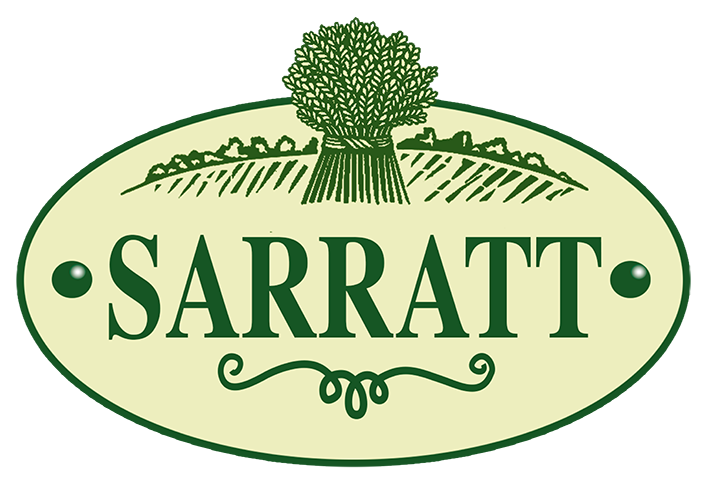The Benefits of Houseplants
May 2020 / Garden
Anyone who has ever paid us a visit at The Grove will know just how verdant our 300 acres are. From the moment you turn onto the sweeping driveway, you’re met with a breath-taking view of lush greens. Head Gardener, Natasha Geldenhuys, is also a big fan of indoor plants, which you can expect at every turn around the hotel, from the lobby to The Glasshouse. Although perhaps most notable is the Potting Shed, which promises our very own ‘jungle’.

But plants don’t just look good – they can make us feel good, too. From cleansing the air to boosting our mood and reducing noise levels, here are a few of the key benefits of houseplants.
Improving air quality
Indoor plants have been proven to purify the air in our homes and help us breathe that little bit easier. Symptoms like headaches, fatigue, itchy eyes, and sinus congestion are all a result of indoor air pollution. One of the biggest benefits of houseplants is they remove harmful toxins from the air and help to alleviate these issues. This is particularly important for rooms that lack natural ventilation, as well as improving the air quality of rooms during the winter months.
Houseplants also increase oxygen levels as a result of photosynthesis; the process of absorbing carbon dioxide and releasing oxygen. As this is the opposite of what we humans do, plants are the perfect companions! Filling your home with indoor plants helps to produce more oxygen and keep us healthy.
The best indoor plants to clean the air
So, what are the best indoor plants to purify the air?
- Spider plant – don’t be put off by the name; the spider plant is a resilient houseplant that requires very little TLC. It purifies the air by absorbing toxins like carbon monoxide and xylene while producing oxygen. One of the best benefits of having a spider plant is it’s one of the few houseplants that are non-toxic to animals.

- Snake plant – also known as Mother in Law’s Tongue, the snake plant absorbs excess levels of carbon monoxide and releases oxygen while filtering other toxins from the air, such as benzene and formaldehyde. The snake plant is particularly beneficial to have in your bedroom, as it releases oxygen at night – unlike most other plants.
- Aloe vera – while it’s renowned for its healing abilities, aloe vera is actually a great indoor plant to clean the air, too. It will remove toxins like formaldehyde while requiring little attention – simply pop it in a sunny spot and watch it thrive!

- Peace lily – this houseplant is special, as it’s one of the few indoor plants that flowers. They’re also great at removing chemicals like benzene and trichloroethylene from the air and releasing extra moisture. Peace lilies also help to reduce mould levels, as they absorb these spores and convert them into food.
- Boston fern – not only does this beautiful houseplant purify the air, but it also acts as a humidifier and restores moisture to the air. This is particularly beneficial for those with dry skin and tackling the problems caused by central heating in the winter months.

Reducing stress and enhancing well-being
One of the most natural benefits of houseplants is the positive effect they have on our health and wellbeing. Just think how much better you feel after a walk in the fresh air. Being at one with nature helps to reduce our stress levels and increase relaxation, making us feel calmer. Bringing nature into your home can elicit those same feelings and helps to improve our general wellbeing.
Decreasing noise levels
A little known benefit of indoor plants is they can help to reduce noise, both from the outside world and busy buildings. Plants are great at absorbing sound through their leaves, stems, branches – you name it. The bigger the plant, the more sound it will be able to absorb. Indoor plants can also deflect sound, which is a particularly useful benefit of wall plants. Rather than the sound bouncing off the wall and back into the room, the plant will vibrate and transform this sound.
 Thank you to The Grove Chandlers Cross for sharing their top tips with us.
Thank you to The Grove Chandlers Cross for sharing their top tips with us.

